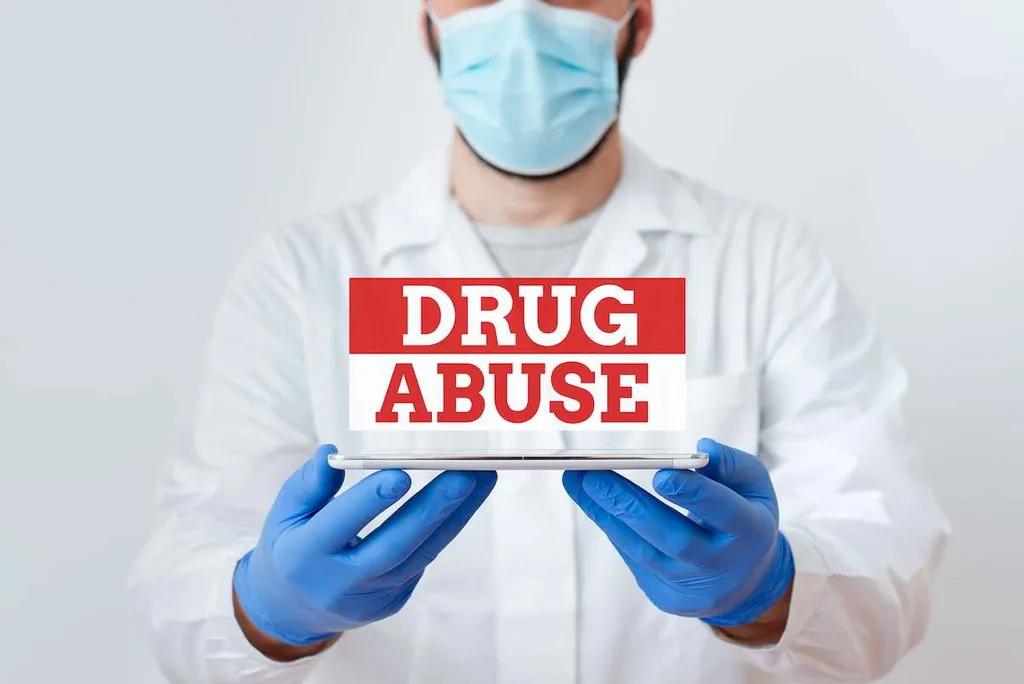
“This is known as food-dependant cofactor induced anaphylaxis,” Dr Watts says. It’s very difficult for consumers to know whether an alcoholic drink contains allergens or ingredients they’re intolerant to. That’s because in the UK, alcoholic drinks manufacturers don’t https://ecosoberhouse.com/ have to put an ingredients list or nutrition information on the label. So, Dr Sim urges anyone who knows they’re allergic to certain foods, particularly grains, to be aware they could be in drinks, too. If you’re allergic to a specific ingredient in certain alcoholic drinks, switching to a different alcoholic drink may be an option.

What Is Sudden Onset Alcohol Intolerance? Symptoms, Causes & Treatment

This could be due to the histamine response, which is common when you’re allergic to something. “Most reactions are mediated by a histamine pathway and it behaves like any allergy,” Dr. Luiza Petre, M.D., a cardiologist, tells Bustle. Gas and bloating have a lot of other possible causes, though, so for a more certain diagnosis, talk to your doctor about your symptoms. Alcoholic drinks can also trigger an allergic reaction to food if you consume the two together, as alcohol can interfere with the gut lining. For example, someone with a wheat allergy may only react after eating wheat followed by drinking alcohol or exercising.
What Are the Remedies and Treatment Options for Alcohol Intolerance?
Do you suffer from terrible hangovers or feel unwell after drinking just a small amount of alcohol? Sue Quinn explores the telltale signs of intolerances and allergies, the difference between them and what to do if you think you’re affected. Very rarely, a person may have a “true” alcohol allergy, meaning they are allergic to the ethanol in alcohol. In people with true alcohol allergy, as little as 1 milliliter (mL) of pure alcohol can trigger an allergic reaction. In people with alcohol intolerance, a genetic mutation (change) makes ALDH2 less active or inactive.
Complications of Sudden Slcohol Intolerance
The length and severity of hangovers can vary, depending not just on the strength and quantity of alcohol consumed, but also the rate our body can process it at, which varies from person to person. At the first signs and symptoms of a severe allergic reaction, it’s essential to use epinephrine and go to the nearest emergency department for immediate follow-up care. If you have alcohol Sober living house allergy, the only way to avoid symptoms is to avoid alcohol completely. If you experience any of these symptoms after consuming alcohol, seek immediate medical care.
- Alcohol intolerance and caffeine intolerance are both metabolic disorders, but they involve different substances and symptoms.
- In fact, a lot of alcoholic beverages, including wine, contain histamines too.
- If you have alcohol intolerance and are not going to stop drinking, the less alcohol you use, the better your alcohol intolerance will be.
Alcohol Addiction Symptoms: Definition, Physical, Psychological, Behavioral, Withdrawal, Co-Occurring
- In some cases, more severe reactions will occur, such as worsening of asthma or even anaphylaxis, especially when combined with specific allergens found in certain alcoholic beverages.
- With alcohol intolerance, these symptoms will begin almost immediately after exposure to alcohol.
- Rather, most people discover through genetic testing that they’re intolerant to the other substances in alcohol, like rye, hops, wheat, barley, grapes, or even yeast.
- Alcohol triggers blood vessels in our brain to expand, leading to an all-too-familiar pounding pain.
- However, it is crucial to note that these measures do not treat the intolerance itself but rather provide relief from the discomfort caused by alcohol consumption.
- So while the alcohol-induced blush might seem like a mere cosmetic concern, it’s a window into the body’s internal processes and potential health risks.
Alcohol intolerance is a reaction to alcohol itself, with symptoms occurring shortly after consumption. Hangovers result from excessive alcohol consumption and are typically felt the day after consumption. Alcohol intolerance and caffeine intolerance are both metabolic disorders, but what does alcohol intolerance mean they involve different substances and symptoms.

- When mixed with alcohol, they can cause a buildup of acetaldehyde, a toxin that makes you feel flushed, sick, and ready to swear off alcohol altogether.
- In fact, red wine generally has between 20–200% more histamine than white wine.
- The acetaldehyde that builds up and causes alcohol intolerance is a major contributing factor in hangovers.
- With an allergy, the body’s immune system fights the substance, as it perceives it as a threat.
- There are nonalcoholic substitutions if you want to enjoy your favorite alcoholic drink.
- Alcohol intolerance is a genetic metabolic disorder, which means it’s passed down from your parents.
- The only way to prevent these uncomfortable reactions is to avoid alcohol.
Alcohol intolerance occurs when the body lacks the enzymes needed to break down alcohol, leading to symptoms like facial flushing, nausea, and rapid heartbeat. For those who do not wish to abstain, limiting intake and choosing alcoholic beverages that are lower in congeners and chemicals that might trigger reactions could help manage the condition. If you think you might have alcohol intolerance, getting professional advice is a great next step. A healthcare provider can offer guidance and may suggest further tests to help you pinpoint what’s going on.
This accumulation can cause facial flushing, nausea, rapid heartbeat, and headaches – the telltale signs of alcohol intolerance. Unlike allergies, this isn’t about the immune system at all—it’s really about how your body processes alcohol. Many people with alcohol intolerance have a deficiency in an enzyme called aldehyde dehydrogenase 2 (ALDH2).
